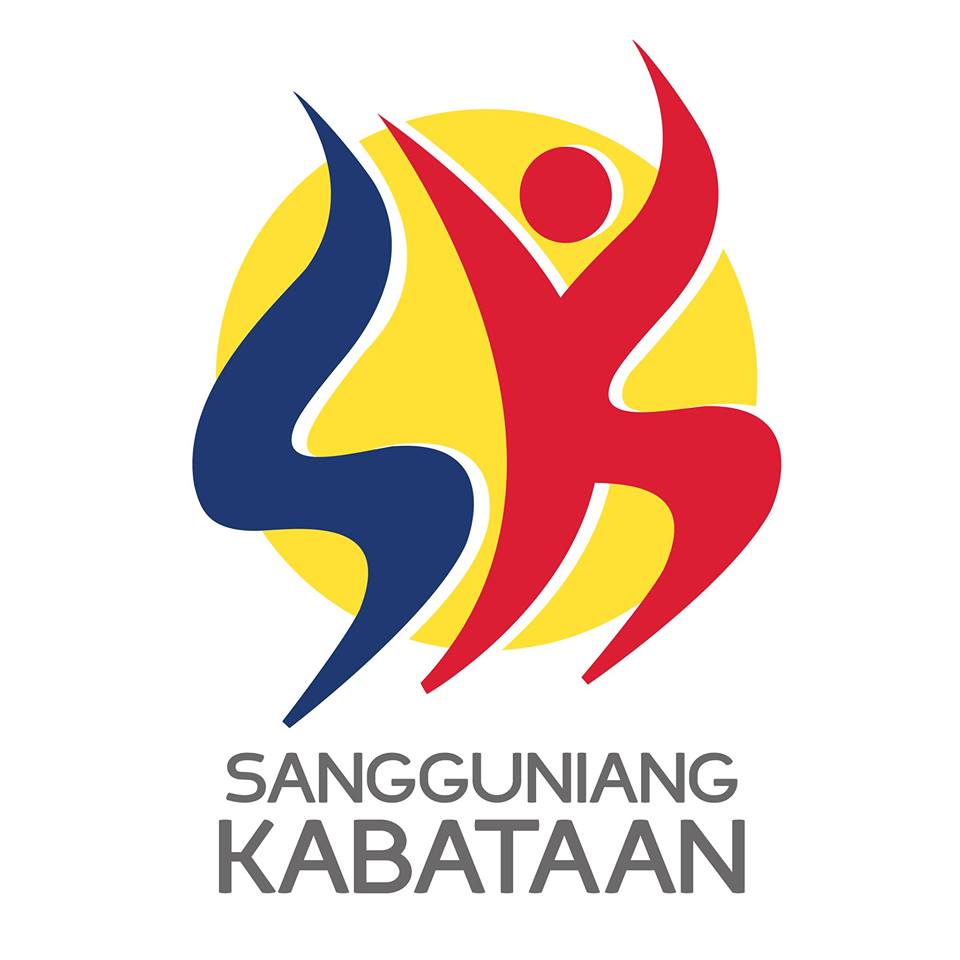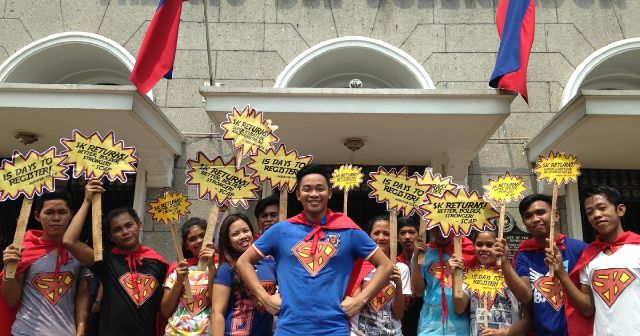QUEZON City, Philippines (September 22) – After a 3-year lapse, the youth council Sangguniang Kabataan or SK was supposed to make its comeback. The Sangguniang Kabataan is a youth leadership organization with the purpose of ingraining on the young Filipinos the good qualities of being a leader, especially on the local government or grass-root level.


The smallest political unit of the government – the barangay – is the seat of the SK. Each barangay has one. The youth organization promulgates resolutions that will affect the young residents of the barangay. They also provide an outlook on the youth’s point of view.
Another purposes of the youth group is to encourage active participation of the young generation. SK also exists to give support to the youth.It gives a chance to the young Filipinos to voice out their concerns regarding social issues.


SK can trace its origins back to April 15, 1975, when Presidential Decreee No. 684 was issued. With a great vision, the Sangguniang Kabataan aims to give “ample opportunity to the youth to express their views.”
The system calls for six youth officials to be elected for each barangay. The age requirement for aspiring SK officials is that they must be 15 to 18 years old.
Despite the good intentions, accusations of nepotism and dynastic politics soon showered upon the Sangguniang Kabataan. Accusations of corruption soon followed.
The Sangguniang Kabataan got a new breath of life with the passage of the SK Reform Act of 2015. Membership now stands at seven, compared to the previous six and the age bracket was increased from 15-18 to 15-30 years old. Also each elected SK official now serves for a term of three years.
The reform act was surprisingly effective, creating a Sangguniang Kabataan that is better than before, a Sangguniang Kabataan that is more transparent and more focused on its sworn mission.
The youth is the nation’s hope. During the discussions on the SK reform bill, National Youth Commission member Jose Sixto Dantes III said that “(Fixing the SK) is a call to revitalize the Sangguniang Kabataan as a viable force for youth development, service, and participation.”
Although the SK elections may have been postponed, it only resulted in a higher expectation for the 2017 election. After all, the SK can and should be a big part of the country’s great change during the Duterte administration.
(written by Leslie Mendoza, edited by Jay Paul Carlos, additional research by Vince Alvin Villarin)
